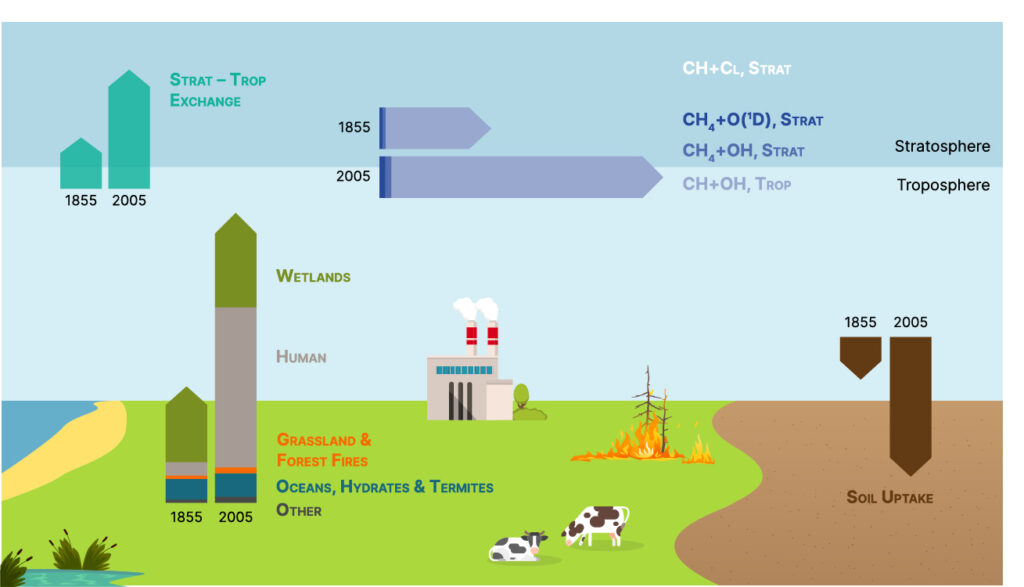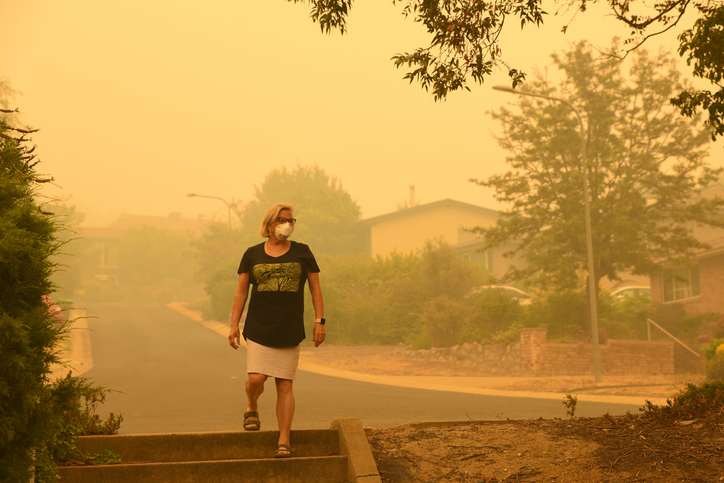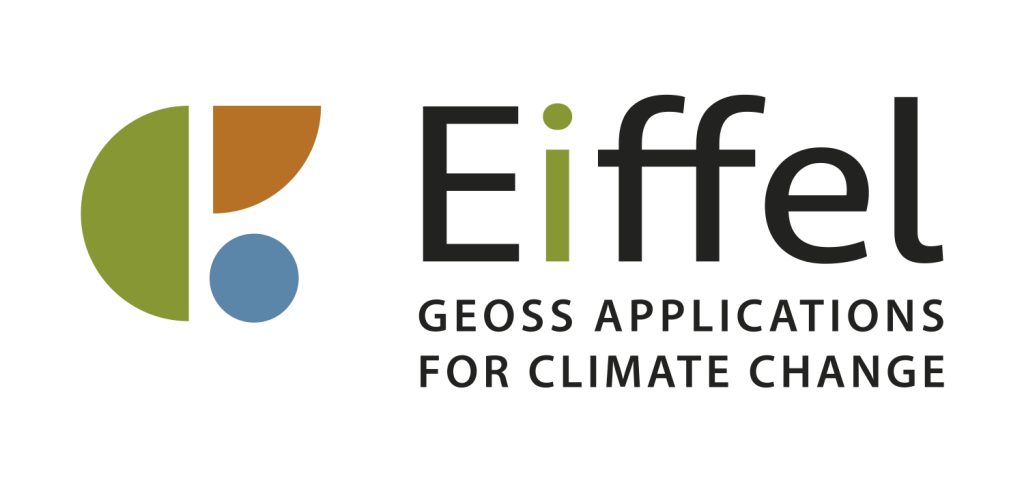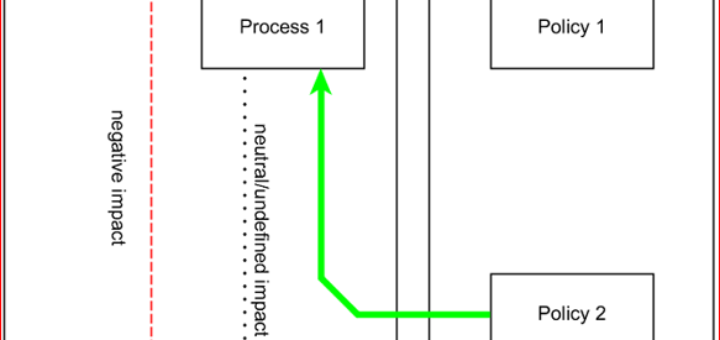The D4RUNOFF project aims to address the pressing challenges of urban water pollution exacerbated by urbanization and climate change. It seeks to enhance the detection and management of diffuse pollutants […]
A zero-pollution ambition for a toxic free environment
The Generic Quantitative Risk Assessment report described implementation of a site soil survey and consequent contamination remediation action for the Lower Botanic Gardens (Belfast, UK). The exploratory site investigation was undertaken between October-December 2022, and comprised excavation of 28 soil samples and subsequent laboratory analysis for a common contaminant suite. Results confirmed contamination distributions linked to historical industry. Risk remediation actions were proposed for features with different levels of soil exposure.
The Preliminary Risk Assessment desk survey was produced prior to soil investigations on the Lower Botanic Gardens (Belfast, UK). Planning records revealed little site development over the past 200 years, but identified multiple local historical industry-linked contaminant sources that could contribute to soil contamination. Community growers and site developers were considered most at risk from ingesting or inhaling any contaminated site soil dusts.
Air pollution is a growing concern that continues to strongly affects cities worldwide, posing significant threats to both human health and the environment. Nature based solutions is an innovative approach that harness the power of nature and its inherent ability to filter, absorb and mitigate pollutants. In the frame of the Upsurge project, different NBS are being implemented to study their benefits with a focus on air quality and climate remediation.
The first fully-coupled methane emission driven Earth system model capable of simulating the impact of anthropgenic forcing on natural environments, as well as the impact of methane emissions and mitigation strategies on air quality.
New study on the impacts of wildfire emissions on fine particle air pollution in the western US until the end of the 21st century, under different climate change scenarios.
This work highlights the fact that when committing to a particular level of future warming, we are also committing to a particular level of fine particle air pollution. This has to be taken into account when considering mitigation and adaptation strategies.
EIFFEL H2020 project offers the EO-based community the ground-breaking capacity of exploiting existing GEOSS and external datasets, with minimal new data collection activities. Added-value services interoperable with GEOSS will be designed, using cognitive search and metadata augmentation tools based on Artificial Intelligence (AI), including Natural Language Processing. These tools will leverage advanced cognitive features to extract meaningful information from and enrich GEOSS metadata.
If the earth’s temperature increase is limited to a maximum of 2°C premature deaths are likely to be reduced globally by 15% in 2050, from 4 million to 2.85 million. If an economic value is assigned to those premature deaths, the health co-benefit ‘savings’ are actually higher than the mitigation policy costs by a proportion ranging from 1.3 to 2, depending on the pathway. This is investigated in the Case of Santiago de Chile.
It is important to have a clear understanding of the relevant systems when designing pathways towards low emissions. An innovative tool has been designed specifically for the purposes of system mapping: Mapping Tool for Innovation Systems Evaluation (MATISE).





